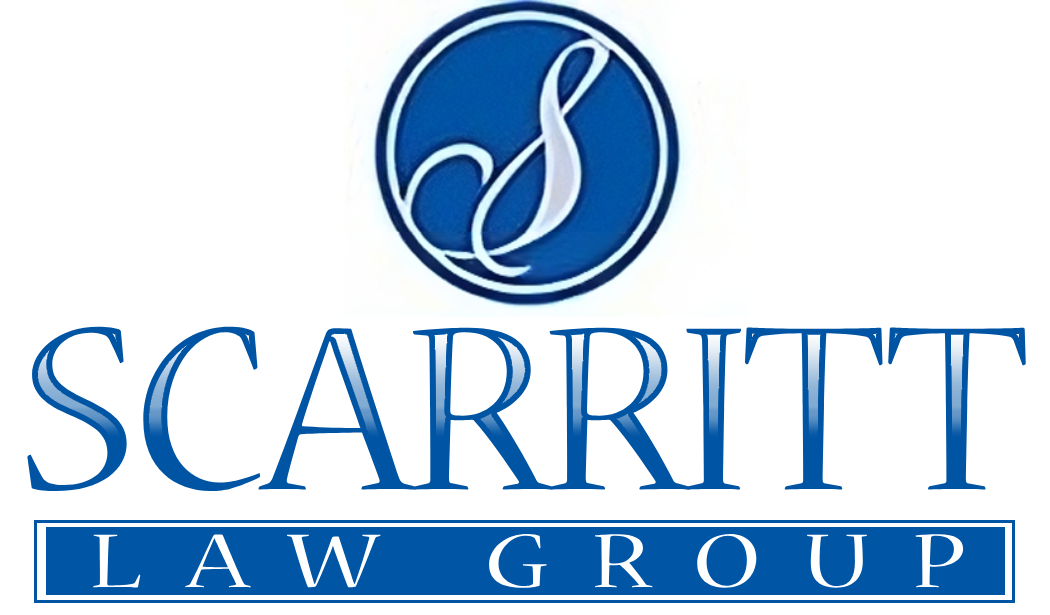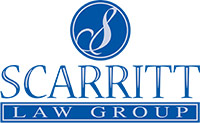Types of Claims
In cases involving ethics investigations, the issues can vary widely, but common areas include conflicts of interest, misuse of authority, and breaches of confidentiality.
Some examples of situations that may prompt ethics investigations include:
- Conflicts of Interest: If a public official or employee has a financial interest in a decision they are making, it may constitute a conflict of interest. For example, if a city council member votes on a contract that benefits a company they own, it could prompt an ethics investigation.
- Misuse of Authority: When an individual uses their position for personal gain or to benefit friends and family, it can be seen as a misuse of authority. For instance, if a manager at a government agency awards contracts to a relative’s business without a fair bidding process, this could lead to an investigation.
- Breaches of Confidentiality: If someone in a position of trust discloses confidential information without authorization, it can be a serious ethical breach. For example, if a healthcare professional shares patient information without consent, it may result in an ethics investigation.


